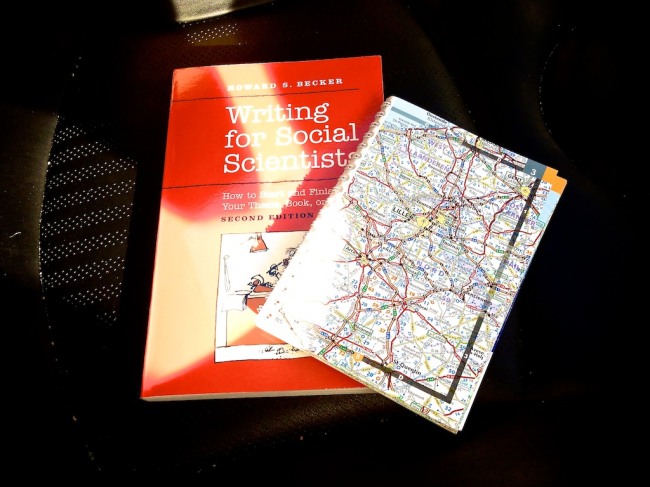I’d always fancied taking part in NaNoWriMo for the pure challenge of it but there were two things that put me off. Firstly, that I actually didn’t have a burning idea for a novel and secondly that I’m not entirely sure a number of words should be the motivator. You see, like calorie based diets, they lead people to obsess over the wrong thing. When you are aiming for a numerical goal, it is the numbers that count but when you are focused on a target, for example changing the make up of what you eat, you focus on the content and what you actually want to achieve.
So this year it has happened that #AcWriMo , an academic focused version of this has synced with my first official month of the PhD. Now as you can imagine at this stage a lot of what I’m doing is exploratory reading and much form filling! What I do also have on the back burner is developing a paper for a conference from an abstract I submitted. This therefore seemed a perfect focus.
The actual volume of words needed to complete these tasks is limited but they are all reliant on that writing being quality. The other motivator for participating is the hope that it will help me get into a writing routine. This is why blogging will also be part of my goals. I find blogging an ideal writing task when i’m getting a block about how to phrase something or when the process is getting me down as it adds variety. It is the same with reading, occasionally you have to move from the academic to the more everyday to spur you on, especially when dealing with complex theoretical texts.
So to outline my goals, I plan to finish my conference paper, finish first drafts of my learning contract and an initial draft of my RDC1 and blog at least twice (in addition to this one) before the 30 days are out. I am not focusing on words but time. I am making space for a hour a day on 5 days a week, plus the option to carry on at the weekends. I’ll be interested to see how it works. Yesterday I started with an hour and managed about 5, although that is not sustainable, it allowed me to make an excellent start of two of the pieces which has given me the enthusiasm I needed to see the benefits of committing to the challenge. If you fancy joining me, all the details are on the PhD2published site.
